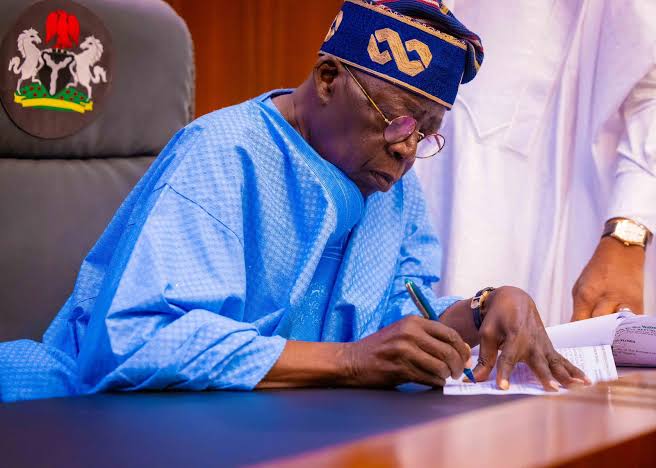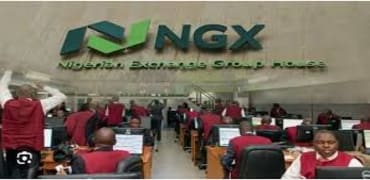Subsidy Savings: Here’s How the Tinubu Administration is Transforming Nigeria
Subsidy Savings: Here’s How the Tinubu Administration is Transforming Nigeria
By Achimi Muktar
The Bola Tinubu administration is channeling funds saved from the removal of fuel subsidies into impactful projects aimed at reshaping Nigeria’s socio-economic landscape. Minister of Information and National Orientation, Mohammed Idris, unveiled these initiatives during the 2024 Annual Conference of the International Press Institute in Abuja.
From student loans to digital infrastructure, low-cost consumer credit, and agricultural development, the government is driving reforms under the Renewed Hope Agenda to put more money into Nigerians’ pockets and build a prosperous, globally competitive nation.
Subsidy Savings Driving Key National Projects
According to Idris, savings from the subsidy removal are being invested in transformative initiatives, including:
Education: The newly established Nigerian Education Loan Fund (NELFUND) is granting affordable student loans, opening access to tertiary education for thousands of Nigerian youths. The Federal Government has allocated N110 billion to cover tuition fees for 120,000 public tertiary institution students.
Consumer Credit: Through the Consumer Credit Corporation, Nigerians now have access to low-cost loans for purchasing locally-made goods. The first phase targets 500,000 civil servants.
Energy Transition: The government is rolling out Compressed Natural Gas (CNG) infrastructure to cut transportation costs by up to 60%. This transition is expected to attract millions in investments and create new jobs.
Ambitious Economic and Tax Reforms
Minister Idris described the administration’s tax reforms as a critical pillar of economic transformation. The reforms aim to simplify tax compliance while reducing the tax burden on vulnerable Nigerians.
“The reforms include several tax exemptions that benefit individuals and businesses. These measures are foundational for driving Nigeria’s macroeconomic growth and fostering sustainable prosperity,” Idris noted.
Additionally, President Tinubu has established a Federal Government team, led by Attorney General and Minister of Justice Lateef Fagbemi, to collaborate with lawmakers in refining tax policies.
Media Freedom and Civic Space Priorities
Reaffirming President Tinubu’s commitment to media freedom, Idris highlighted the government’s dedication to protecting the civic space while urging responsible use of this freedom.
“The President has consistently emphasized that for every right, there is a corresponding responsibility. Media freedom comes with the obligation to wield its immense power responsibly, fostering healthy debate and holding institutions accountable,” Idris said.
He also stressed the importance of judicial reforms in safeguarding fundamental rights, ensuring the civic space functions effectively.
Investing in Infrastructure and Jobs
The administration’s focus on infrastructure development encompasses both digital and physical projects, signaling a commitment to long-term economic diversification. These projects align with Tinubu’s promise to build a more inclusive and competitive economy, powered by human capital and innovation.
Call for Media Responsibility
While celebrating Nigeria’s thriving press environment, Idris cautioned against abusing media freedom.
“Freedom must coexist with responsibility. The press must avoid demonizing opposing views and focus on shaping healthy public discourse to strengthen our democracy,” he said.
A Renewed Hope for Nigerians
Under President Tinubu’s leadership, the government is steering Nigeria toward a future defined by economic diversification, inclusive growth, and global competitiveness. From empowering students with affordable education to lowering the cost of transportation and fostering innovation, the Renewed Hope Agenda is steadily laying the foundation for a stronger, more prosperous Nigeria.


















